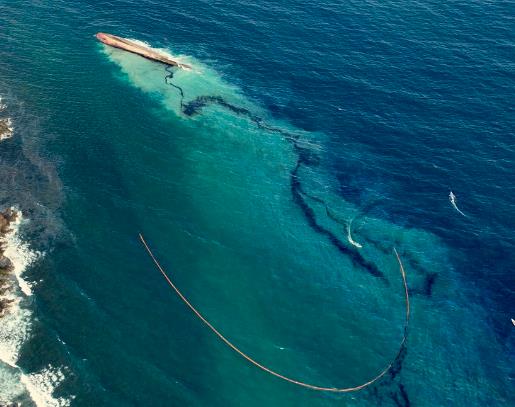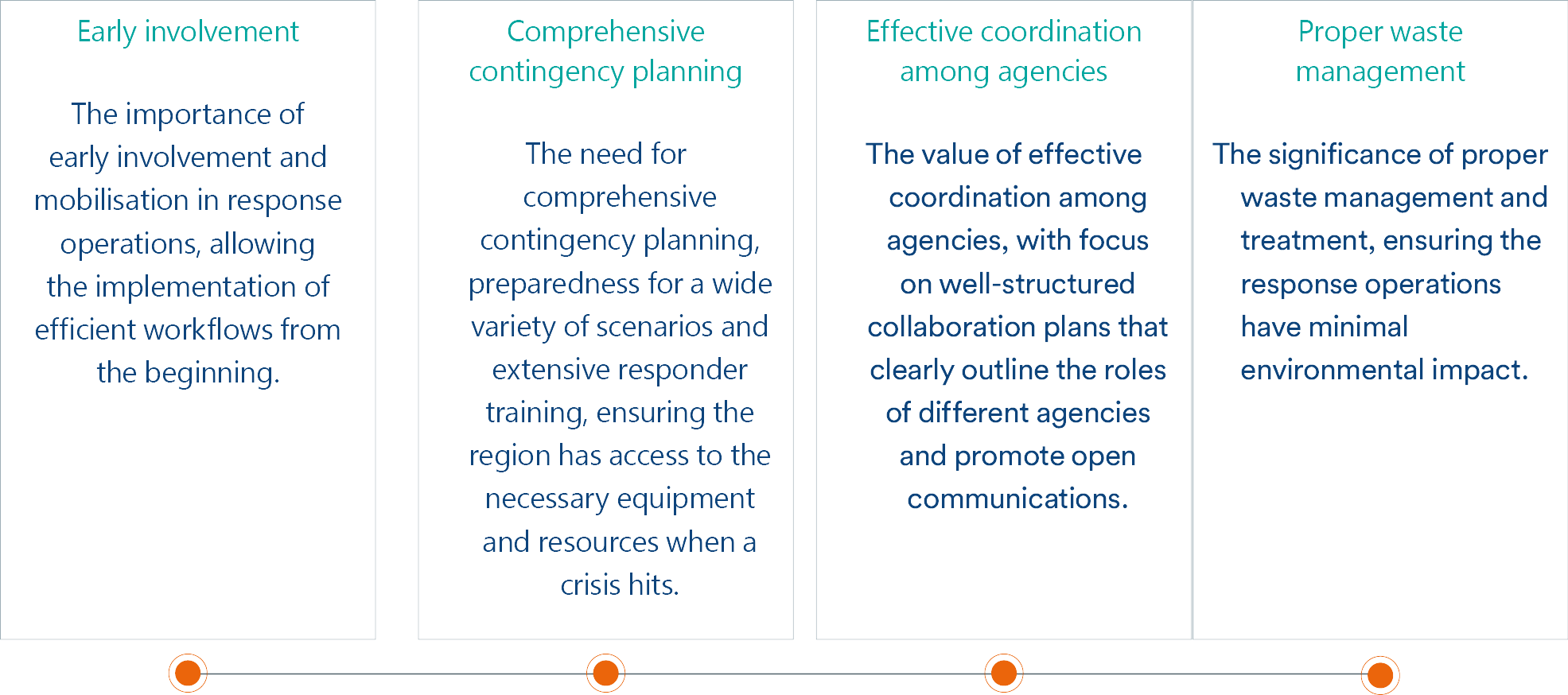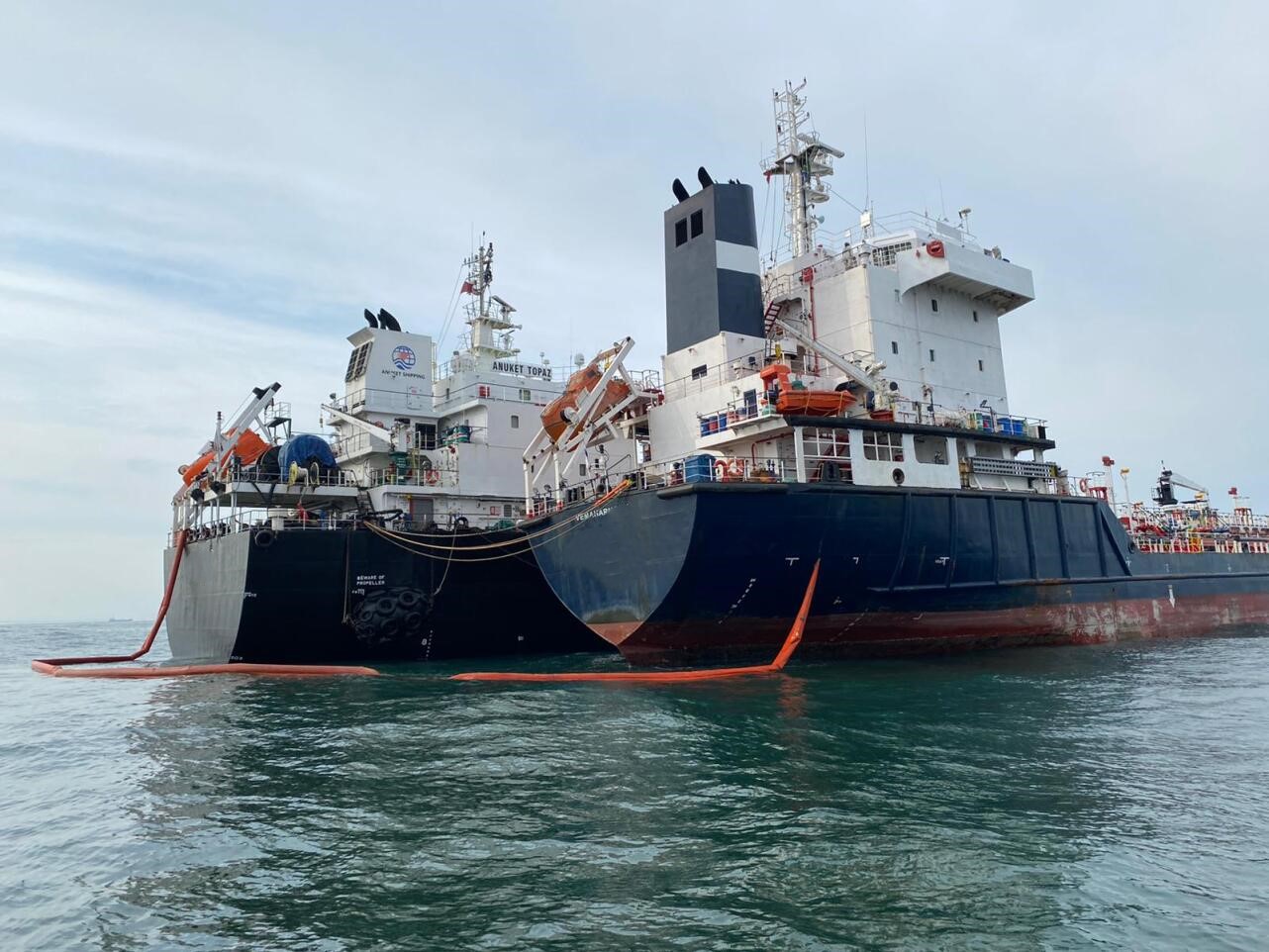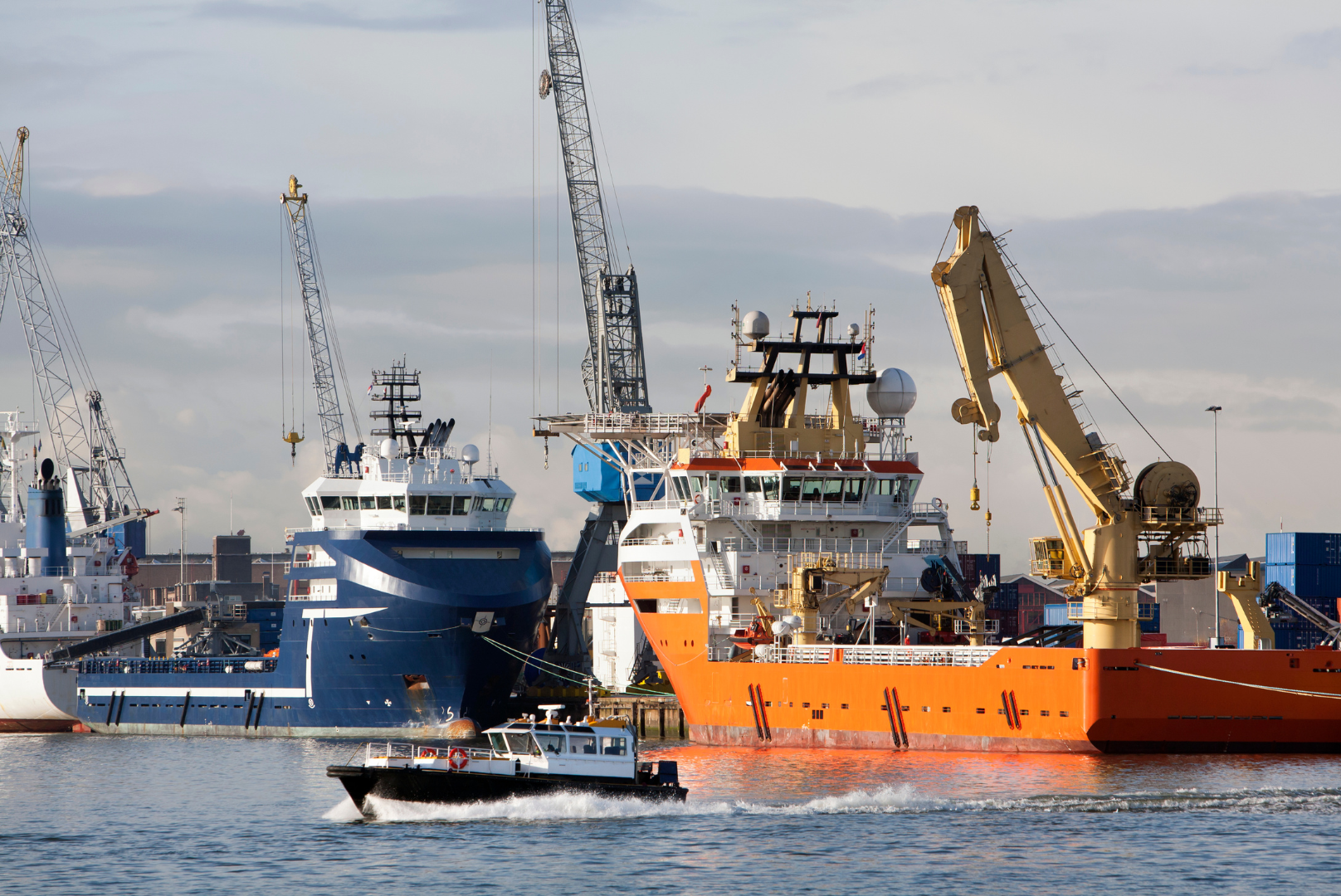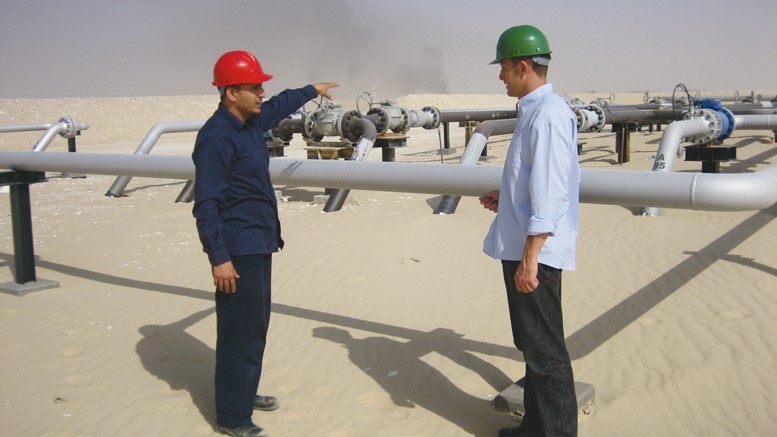Case Study: Turning the Tide - Tobago
A “ghost-barge” being towed from Panama to Guyana released an estimated 35,000 barrels of crude oil off the south cost of Tobago, resulting in significant environmental and economic impacts.
Background
On 7th February 2024, a “ghostbarge” being towed from Panama to Guyana was released by the crew after it began listing heavily. The barge drifted for three days before running aground and capsizing on the south coast of Tobago, releasing an estimated 35,000 barrels of crude oil. The spill impacted 10km of coastline, including sandy beaches, mangroves, and man-made sea walls. While wildlife impact was minimal, it significantly disrupted tourism, fishing, and local businesses.
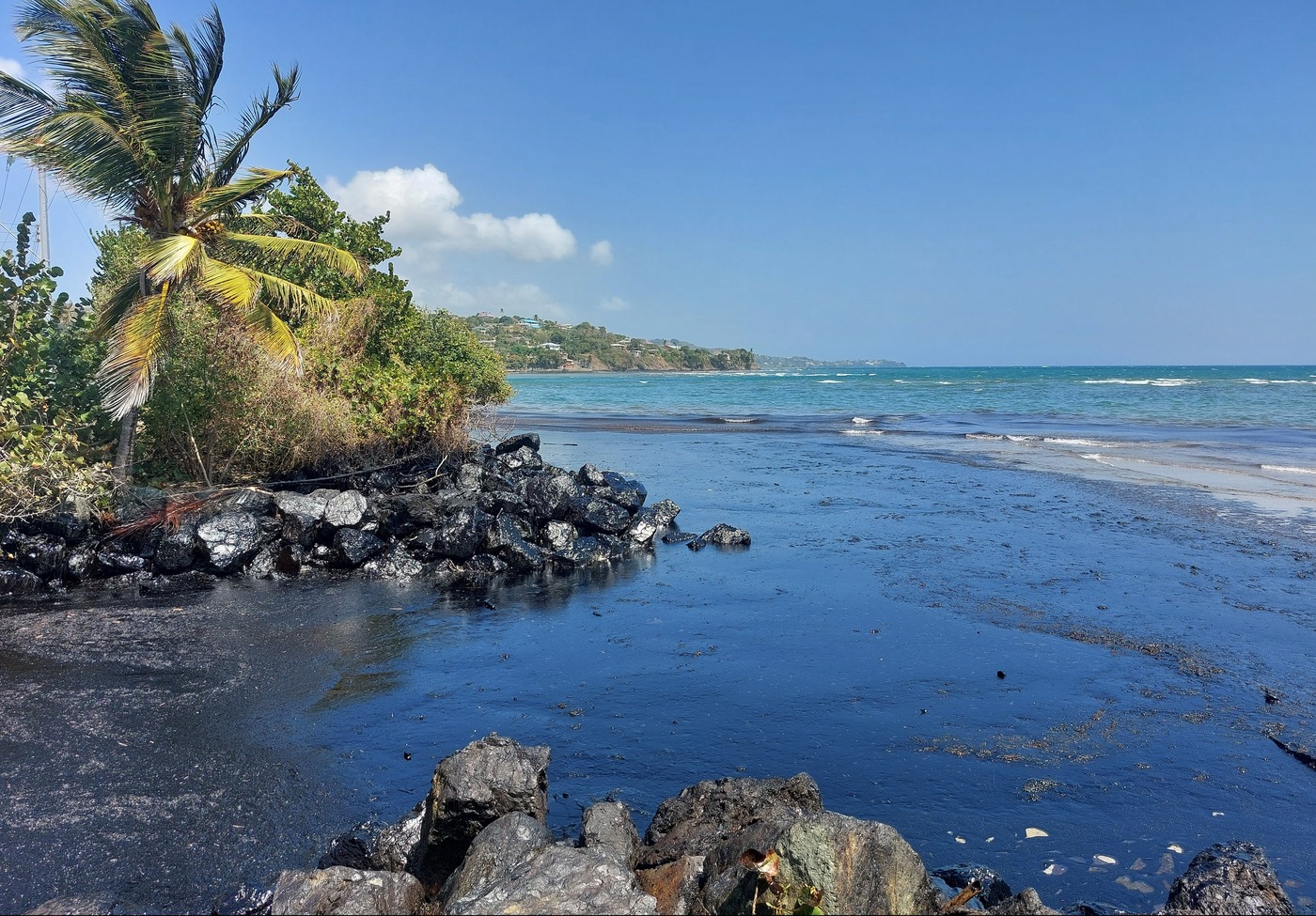
Response Activation
The Tobago Emergency Management Agency (TEMA) led the initial response, assessing the shoreline and notifying key stakeholders, including local government, environmental agencies, and community leaders. The incident was classified as a Tier 2 incident, indicating a moderate level of severity that required national assistance for initial clean-up operations. However, mobilisation was delayed due to the limited resources available on Tobago. Unlike Trinidad, which is the main area of production and has more robust infrastructure and resources, Tobago is primarily a tourist destination with fewer emergency response capabilities.
Further delays arose from the late reporting of the incident to the appropriate authority and the disruption of travel and communication caused by carnival celebrations. These factors collectively hindered the effectiveness of the initial response efforts, highlighting the challenges of managing emergency situations in regions with limited resources and during major public events.
The context behind OSRL's Involvement
Heritage Petroleum, a member of OSRL, became actively involved in the response operation on February 11, 2024. We deployed our 5x5 Technical Advisor service to provide expert guidance and support to the Tobago Emergency Management Agency’s (TEMA) Incident Management Team. The 5x5 Technical Advisor service includes specialists with extensive experience in oil spill response, who work closely with local teams to enhance their capabilities and ensure an effective and coordinated response. Our involvement was crucial in providing technical expertise, strategic planning, and operational support, thereby bolstering TEMA’s efforts to mitigate the impact of the spill and expedite the clean-up process.
Scope of work
Main goals and priorities upon mobilisation
- Effectively manage the response operation and protect sensitive areas
- Ensure the safety of responders
- Restore impacted areas to pre-spill condition, minimising environmental and economic impacts of the incident
Response methodology
- Advising on oil spill response strategies and operational management
- Implementing shoreline clean-up assessment techniques (SCAT) and identifying sensitive areas (e.g. mangroves)
- Deploying containment and protection booms
- Conducting manual and mechanical recovery operations
- Implementing waste management procedures according to industry good practices
- Managing contractors and coordinating with stakeholders
- Identifying endpoint criteria for shoreline response operations permits to work.
Unique challenges:
- Delayed initial response mobilisation
- Environmental barriers (e.g. sunken oil at sea, buried oil in shoreline, cross contamination from large tidal movements)
- PPE shortages and limited access to specialised response equipment
- Local preparedness procedures only set up to respond to a Tier 1 incident and focused on drilling related incidents only
- Lack of liquid waste management facilities resulting in large amounts of oiled waste
- Untrained workforce of volunteers and local community
- Pressure to reopen tourist areas, due to economic reliance
Results
After around nine weeks of response operations supported by OSRL, the teams successfully managed to contain and recover a substantial amount of spilled oil, achieving our key goals of protecting sensitive areas and minimising the environmental and economic impacts.
Key Learnings
Early involvement
The importance of early involvement and mobilisation in response operations, allowing the implementation of efficient workflows from the beginning.
Comprehensive contingency planning
The need for comprehensive contingency planning, preparedness for a wide variety of scenarios and extensive responder training, ensuring the region has access to the necessary equipment and resources when a crisis hits.
Effective coordination among agencies
The value of effective coordination among agencies, with focus on well-structured collaboration plans that clearly outline the roles of different agencies and promote open communications.
Proper waste management
The significance of proper waste management and treatment, ensuring the response operations have minimal environmental impact
Why choose OSRL
OSRL’s role in the Tobago oil spill incident highlights its capabilities in promoting good practices, providing support to regions without access to proper response resources, and collaborating with local organisations to enhance preparedness.
On the 2nd October 2024, Our OSRL Americas team held a seminar in Trinidad to share the lessons learned from the unique challenges of this incident and raise awareness for increased preparedness in the region. The
seminar helped effectively identify improvements to be made in the current response capabilities within the region.
The seminar was well received, with representatives of local agencies, government and OSROs agreeing on the necessity to enhance preparedness for Black Swan events such as this incident. Serving as a cautionary tale, the Tobago incident started the momentum for future OSRL collaborations in the region.
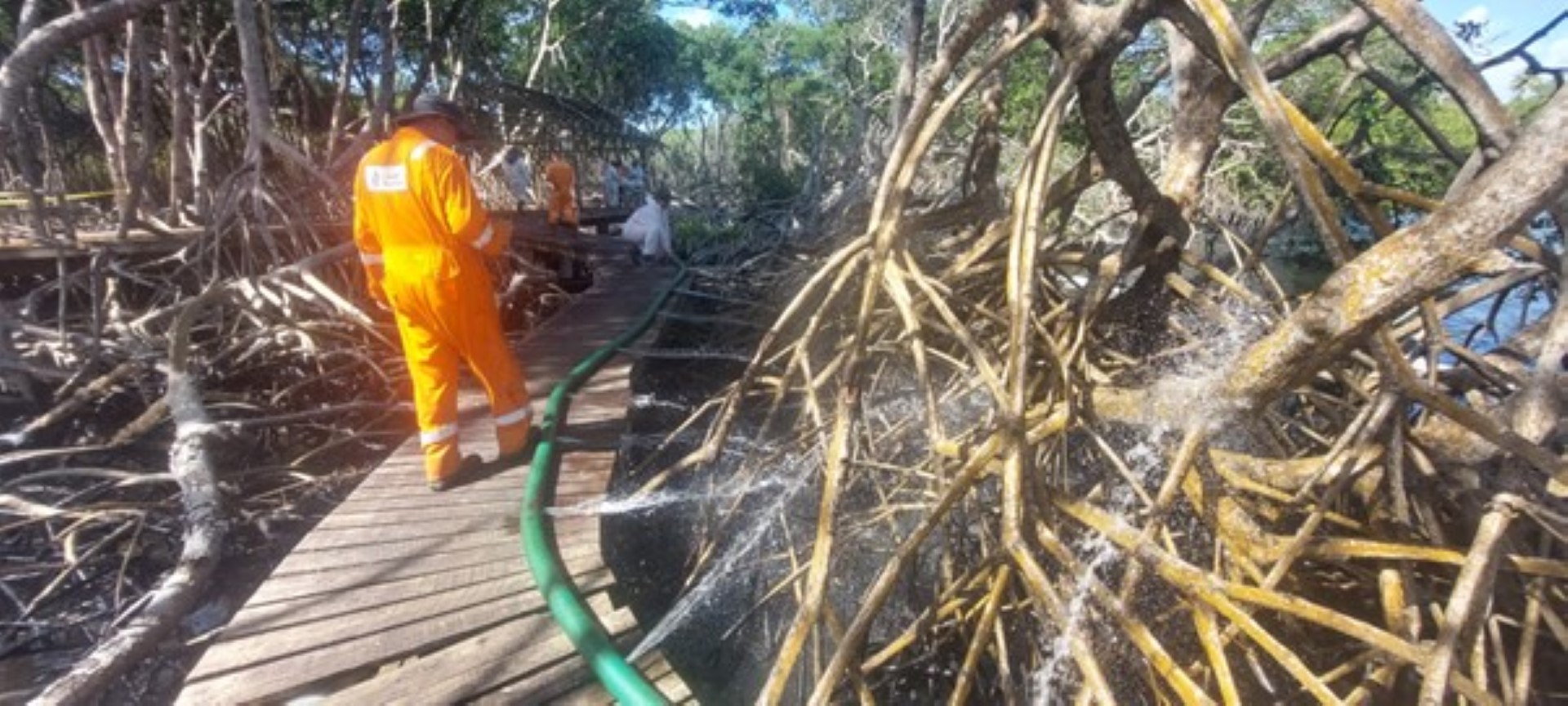
Download Tobago Case Study
Want to talk about preparedness
More than responding when you most need it, OSRL is there to support you through your preparedness journey – anytime, anywhere. Our expert teams spread across the globe are available to travel to wherever you are based to meet your team’s requirements. With over 40 years of experience in oil spill response, we have seen it all – which gives us the capability to tailor our preparedness services to meet the unique challenges of your organisation




